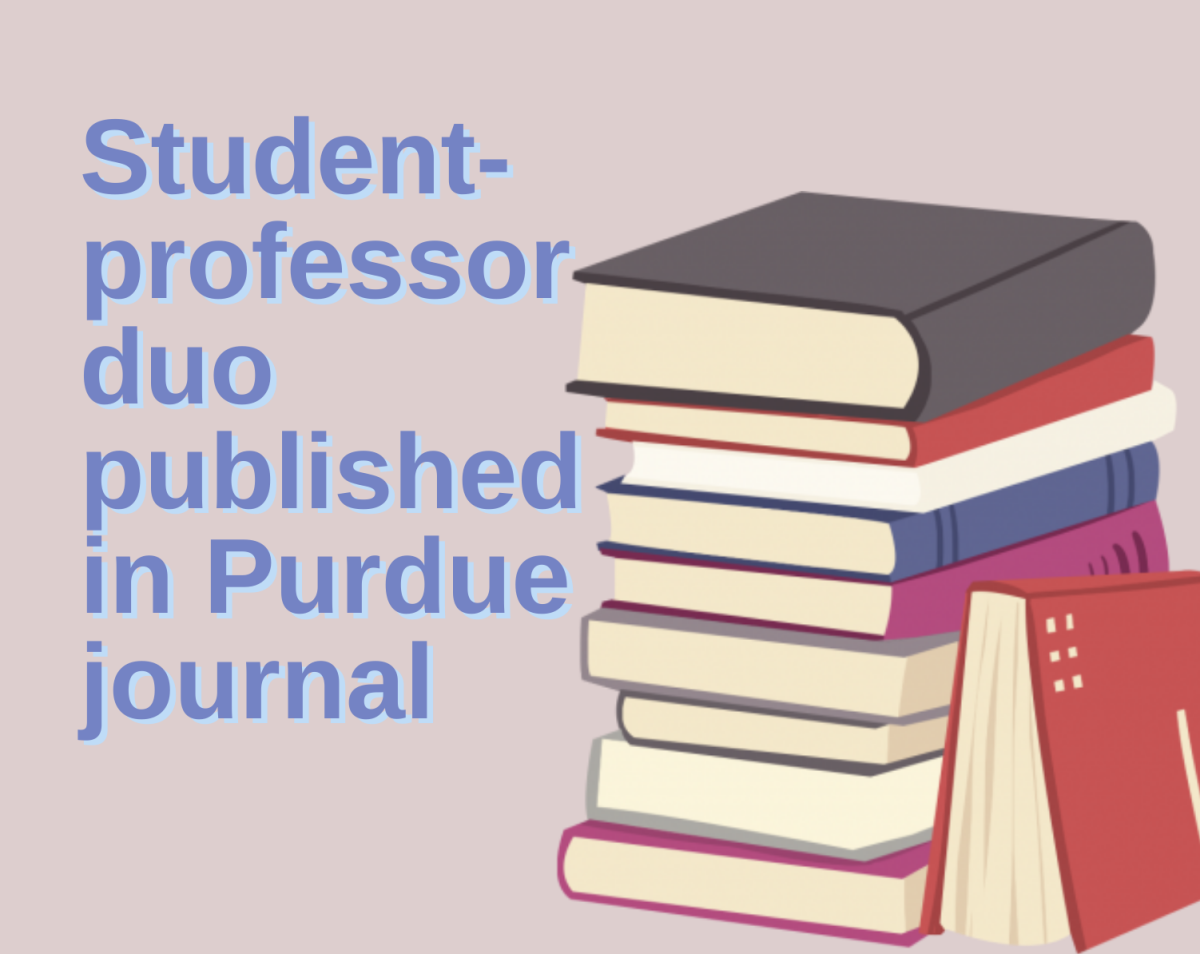The academic writing of a Murray State student and his professor has been accepted into Purdue University’s academic journal “Modern Fiction Studies.”
Aaron Gordon, junior management major, is a Murray State Presidential Fellow. The Presidential Fellowship is a highly competitive scholarship offered to incoming college freshmen. Once a student receives this scholarship, a required five hours per week of research becomes a key part of their academic journey.
Gordon was born in Murray, Kentucky, but moved to Bowling Green when his father got a teaching position at Western Kentucky University. He said his early exposure to reading and writing through his father’s job, academic team and Quiz Bowl gave him a love for the subject, which was why he originally enrolled as an English major.
As a freshman in the fall semester of 2022, Gordon began searching for a faculty adviser to guide his research. He emailed and met with several faculty in the English and philosophy department before attending a presentation by T.J. Martinson, professor of English.
When Gordon asked if he had any projects in mind that could work for his research requirement, Martinson brought Colson Whitehead’s “The Underground Railroad” to the table. He included Whitehead’s novel in his doctoral thesis, and Gordon’s request gave him an opportunity to take a deeper dive.
“It’s not something I always offer, but I felt Aaron was definitely up for it,” Martinson said. “He’s a pretty brilliant student.”
Gordon and Martinson developed their research paper over the course of two years, adjusting it with each iteration. Gordon said they originally used the novel to explore how trauma has lasting genetic effects from generation to generation. They hit their stride when they found what sets “The Underground Railroad” apart: “narrative scarring,” a term they coined themselves.
“It became obvious that the novel had a more interesting thing to talk about: how it framed trauma,” Gordon said. “Narrative scarring talks about how within this novel, trauma becomes the central force rather than something like a narrator or a plot. It’s dictated by trauma, and the thread is sewn through the entire novel.”
Writing and publishing an academic paper is hard work, and even though “Modern Fiction Studies” accepted their essay just a few months after its submission, Gordon and Martinson said the process was long and granular. Gordon said though he wonders what else he could have done in the time it took to write this essay, it taught him to be a better writer and not expect perfect results on the first try.
“It’s just about sticking through it and remembering Rome wasn’t built in a day,” Gordon said. “Learning is a lifelong love you have to have. If you have a passion for learning, a passion to understand, then success will follow.”
Gordon and Martinson gave a presentation on their work on Nov. 18. Gordon took the lead, walking the audience through the plot of “The Underground Railroad” and how they examined it through narrative scarring. His thought-out points and clear delivery were well received by the audience.
Jefferey Osborne, professor of English and instructor for the honors thesis course, was one of many attendees from the English and philosophy department.
“The topic and research done for the presentation and article was really first-rate and well beyond any expectations for an undergraduate student,” Osborne said. “I think he’s a really good model for other students to look to.”
More than just the English faculty came to the presentation. Miracle Schmidt, sophomore communication disorders major, came to the presentation with the rest of her Honors Rhetoric, Composition and Research class. Her professor, Paul Walker, took his students during their class period to see a fellow honors student’s hard work.
“It was interesting to see how he used the term scar and how that related to being hurt and healing at the same time,” Schmidt said. “It’s eye-opening to see what that process of undergraduate research looks like and what the finished product could end up being. It’s nice to see the product of someone’s passion because it was clear that he really cared about the topic.”
Gordon came to Murray State with the intention of becoming an English professor, and though he pivoted to a management major at the end of his freshman year, his passion for writing has not left him.
“No matter where I go or what I gravitate to, I think English and writing is always gonna be a part of that,” Gordon said.




























































































